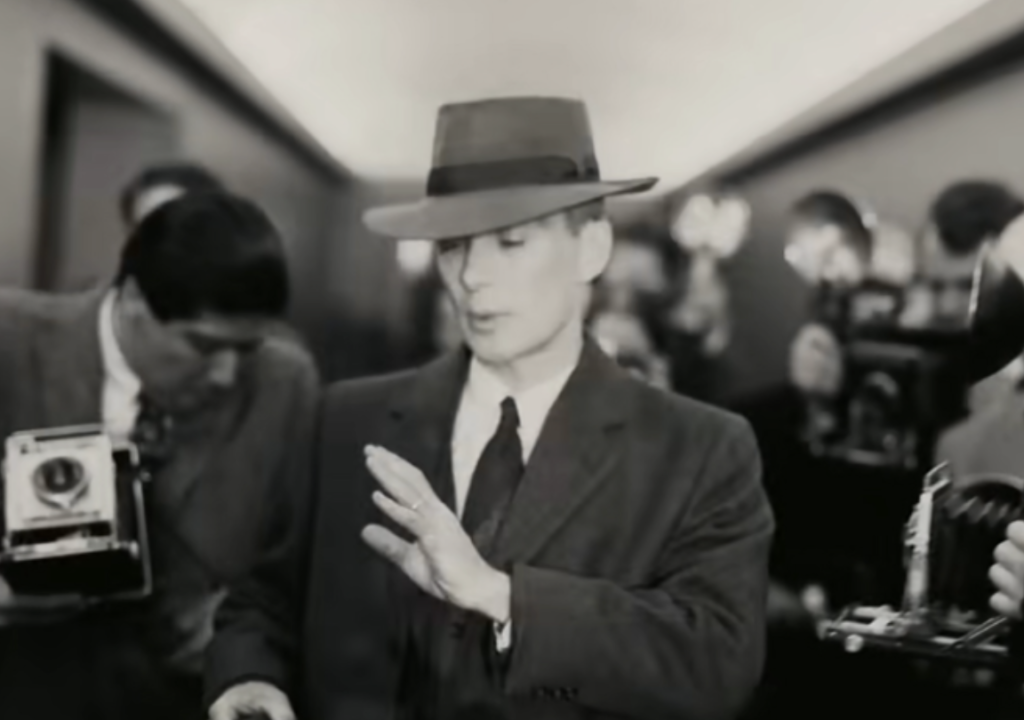In “Oppenheimer,” Christopher Nolan weaves a gripping tale that delves deeper into the enigmatic figure of J. Robert Oppenheimer, unearthing both the brilliance and flaws that shaped him. As the film progresses, viewers become entangled in the web of his personal life, filled with complexities and moral dilemmas. The portrayal of Oppenheimer’s relationships with those closest to him, including his wife Kitty, adds emotional depth to the story, painting a poignant picture of the sacrifices and personal toll that his pursuit of knowledge exacted.
Nolan’s masterful storytelling is amplified by the impeccable performances of the cast, with Cillian Murphy’s portrayal of Oppenheimer leaving an indelible mark on the audience. The film’s exploration of the ethical implications of the Manhattan Project brings to light the internal struggles faced by the scientists involved, providing a human perspective to the devastating impact of nuclear weapons. While some may find the film’s shift in tone in the final act jarring, it serves as a powerful climax that confronts the audience with the weight of Oppenheimer’s decisions and the far-reaching consequences of his work.

As the credits roll, “Oppenheimer” lingers in the mind, prompting discussions and reflections on the choices that shaped the course of history. Nolan’s unparalleled ability to blend emotional storytelling with intricate scientific concepts creates an enthralling experience that transcends the boundaries of a typical biopic. The film’s visual spectacle, coupled with Ludwig Göransson’s haunting score, immerses viewers in the era of the Manhattan Project, leaving them with a profound appreciation for the complexity of the human condition.
“Oppenheimer” is not merely a film; it is a thought-provoking exploration of humanity’s triumphs and tragedies, offering an enlightening perspective on one of the most critical moments in history. As the journey through J. Robert Oppenheimer’s life unfolds, it challenges us to grapple with the profound questions it raises, making it an unforgettable cinematic experience that demands to be seen and discussed.
The brilliance of “Oppenheimer” lies in its ability to humanize historical events, inviting the audience to intimately connect with the characters and the dilemmas they faced. As the film peels back the layers of Oppenheimer’s persona, we witness his vulnerability and the burdens he carried, magnified by the weight of the world’s future resting on his shoulders. Nolan’s meticulous attention to detail and the seamless integration of archival footage with the narrative elevates the film to a level of authenticity rarely seen in historical dramas.
Despite being a biopic centered around a scientist and his role in one of the world’s most significant scientific advancements, “Oppenheimer” never loses sight of the human element. It raises thought-provoking questions about the responsibilities of scientists, the consequences of progress, and the ethical implications of their creations. This thought-provoking narrative leaves an indelible impression on the viewer, urging them to contemplate the moral complexities of scientific discovery and the enduring impact it can have on humanity.
In conclusion, “Oppenheimer” stands as a cinematic triumph, blending intellectual curiosity with human emotion to craft a truly captivating experience. Christopher Nolan’s directorial prowess shines through, capturing the essence of J. Robert Oppenheimer’s life and his role in shaping the world’s destiny. From its stellar performances to its gripping storytelling, the film takes audiences on an unforgettable journey that resonates long after the screen fades to black. “Oppenheimer” is an unmissable masterpiece that leaves an enduring mark on cinema history.
